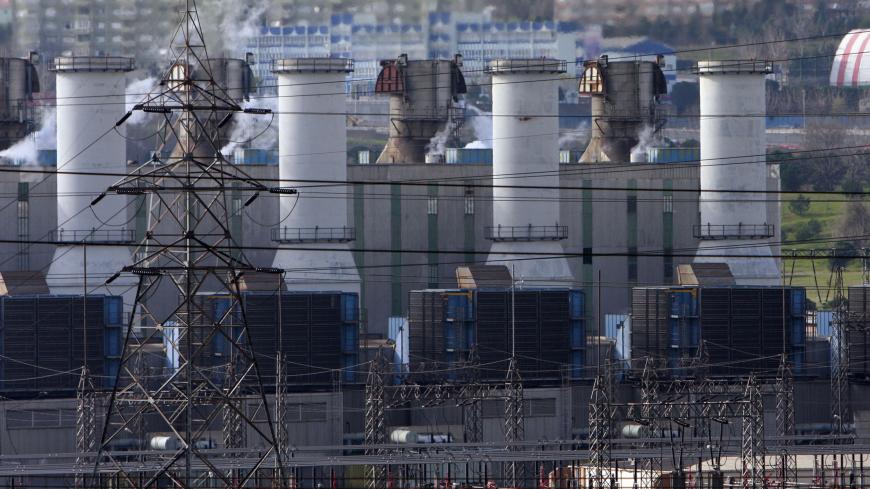After a drastic expansion in recent years, Turkey’s power-producing sector is in dire straits, hit by a falling energy demand in the ailing economy. Atop the financial woes, the rush for energy — driven by overly optimistic projections on economic growth — has left major environmental scars, with numerous hydropower projects wreaking havoc on river basins, and coal plants operating without filters have come to threaten human health. The toll also includes historical and cultural heritage such as the unique town of Hasankeyf, which is now submerged due to a large dam on the Tigris River.
Turkey, whose gross domestic product is in the region of $750 billion-$800 billion, has an energy consumption of about 145 million TOE (ton of oil equivalent) per year. Three-fourths of the country’s energy needs are met through imports, the bill of which has fluctuated around $43 billion in recent years, depending on the pace of economic growth and global energy prices. Energy products account for more than 20% of Turkey’s imports, with Russia and Iran standing out as the country’s main suppliers of natural gas and oil.



